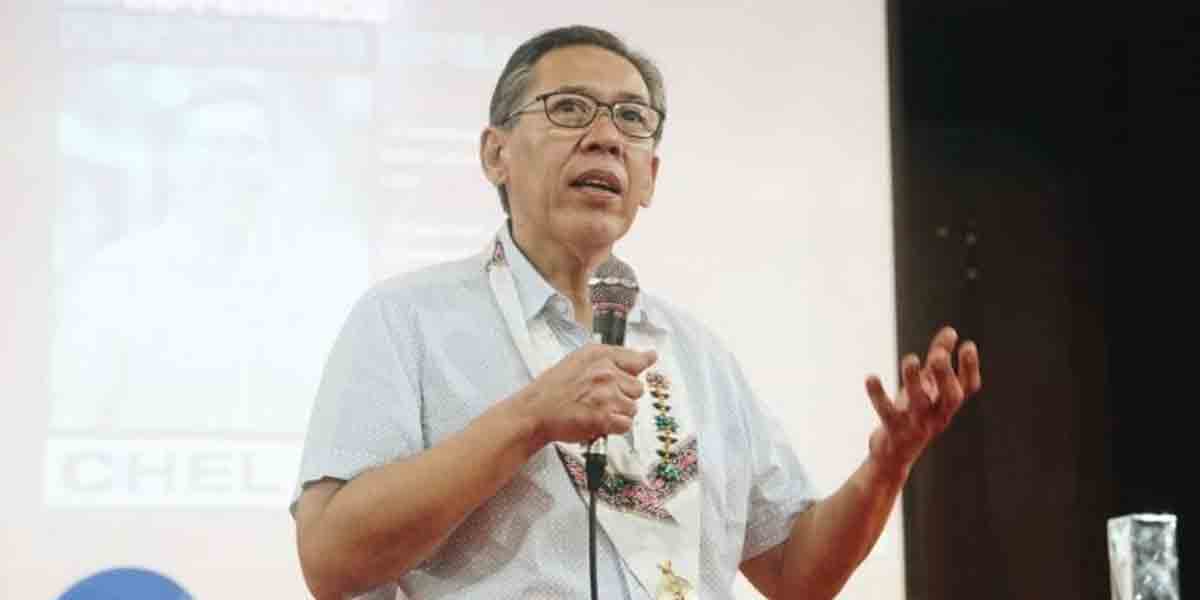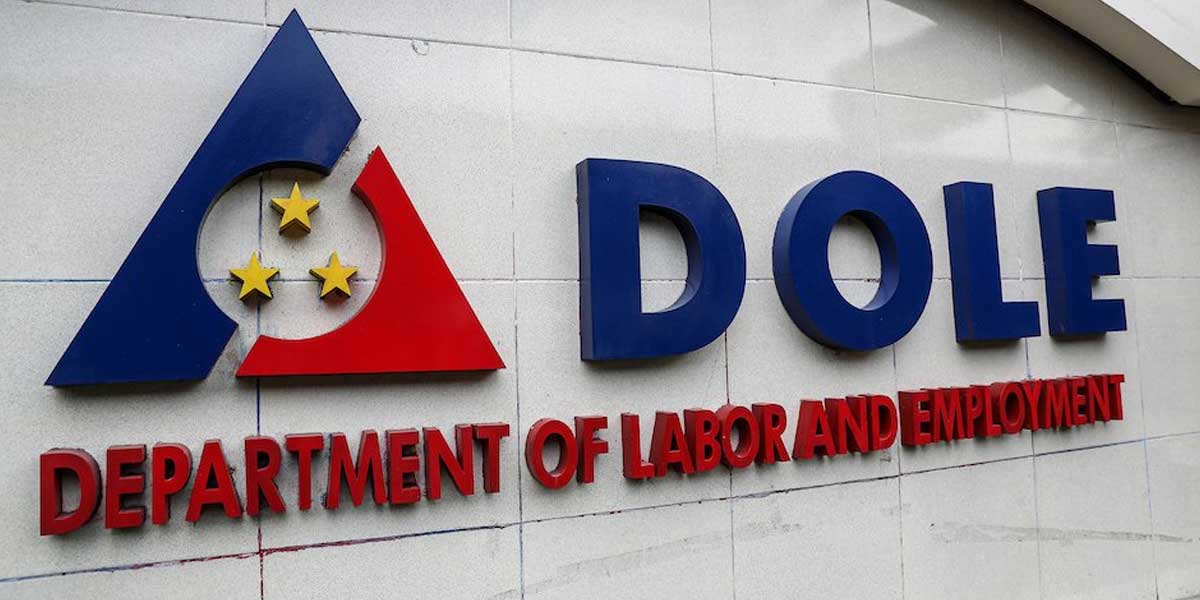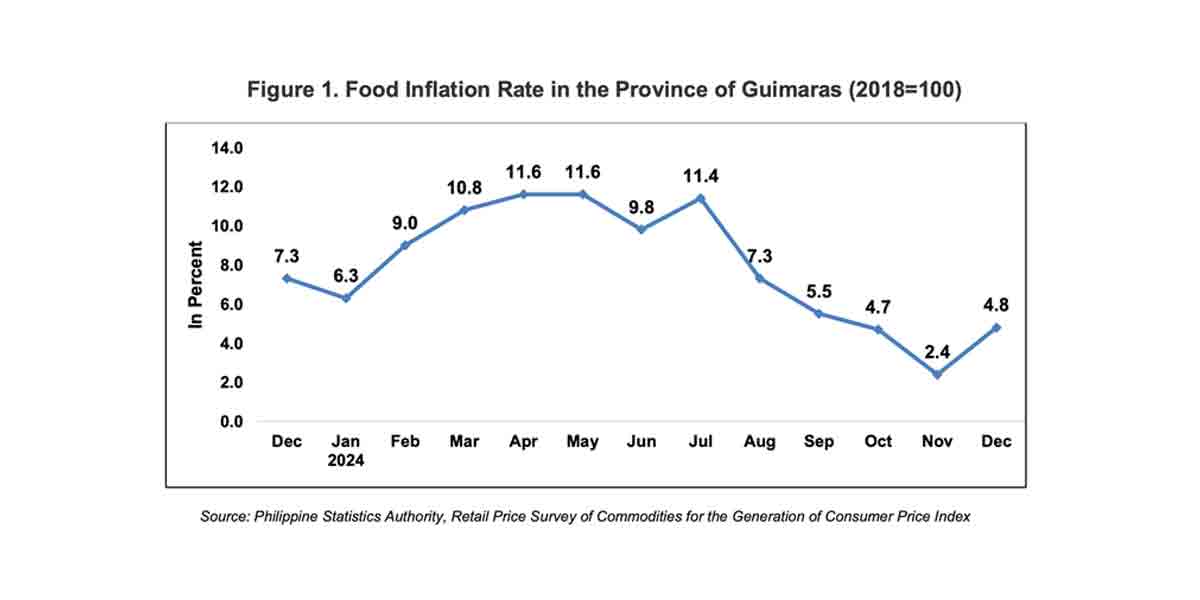 By Atty. Eduardo T. Reyes III
By Atty. Eduardo T. Reyes III
SEEPAGES of dilemma created by the pandemic affects both those who govern and the governed.
Iloilo City is once again teeming with checkpoints on the heels of a recent surge of Covid-19 positive cases. The closure of non-essential businesses is proving insalubrious to the business climate and word in the grapevine is that this would continue for as long as the city remains under the Modified Enhanced Community Quarantine (MECQ) status.
More than just a matter of expert opinion, it is a scientific-fact that in order to quell the tide of the pandemic it is necessary for the populace to achieve herd immunity. This goal can be reached by ensuring that more or less 70% of the population is inoculated or infected. And since the dire consequences of getting infected should be avoided, vaccination is the better option.
Yet giving jabs splinters into more problems: who to prioritize and which brand to use? And the more profound question that should be asked is: can the people choose the brand of the vaccine that would be administered to them?
Through an international scheme of distributing vaccines around the world known as Covax, poor countries like the Philippines could get some share of the vaccines from richer countries. But what had been widely used so far are those from Chinese pharmaceutical companies Sinopharm and Sinovac which had been reportedly donated. True, beggars cannot be choosers, but it was recently reported that initially, hundreds of Filipinos who had been certified as having been inoculated with vaccines whipped up by these companies were denied entry into Saudi Arabia although a follow-up report also said that the kingdom eventually relented and allowed such entry later on.
Now on to the legal issue.
Do the people have the right to choose the brand of vaccine that they will be injected with?
In Roe v. Wade (1973), it had been held by the US Supreme Court that a woman (person) is the master of her own body.
In Whitney v. California (1920), the profoundly moving dissent of Justice Brandeis that upholds “the freedom to think” as the “secret to happiness” discussed that:
“Those who won our independence believed that the final end of the State was to make men free to develop their faculties; and that in its government the deliberative forces should prevail over the arbitrary. They valued liberty both as an end and as a means. They believed liberty to be the secret of happiness and courage to be the secret of liberty. They believed that freedom to think as you will and to speak as you think are means indispensable to the discovery and spread of political truth; that without free speech and assembly discussion would be futile; that with them, discussion affords ordinarily adequate protection against the dissemination of noxious doctrine; that the greatest menace to freedom is an inert people; that public discussion is a political duty; and that this should be a fundamental principle of the American government….
To courageous, self-reliant men, with confidence in the power of free and fearless reasoning applied through the processes of popular government, no danger flowing from speech can be deemed clear and present, unless the incidence of the evil apprehended is so imminent that it may befall before there is opportunity for full discussion. If there be time to expose through discussion the falsehood and fallacies, to avert the evil by the processes of education, the remedy to be applied is more speech, not enforced silence. Only an emergency can justify repression. Such must be the rule if authority is to be reconciled with freedom. Such, in my opinion, is the command of the Constitution. (Justice Brandeis dissenting in Whitney v. California, (1920) p. 182 Dissents and the Supreme Court by Urofsky).
Indeed, the rolling-out of the vaccines takes so much from the resources of the government and as already said, the goal is to achieve herd immunity. But at the same time, this column humbly submits that should the people decide to exercise their right to choose the brand of the vaccine, the government should hear them out and not just dismiss their requests by a tepid assertion that there is no evidence that a certain brand is not an effective vaccine. Or worse, by just telling them that everything they have heard is mere “hearsay”.
Even in law, hearsay evidence carries some weight. A person may be charged in court on the basis of hearsay. “Probable cause can be established with hearsay evidence, as long as there is substantial basis for crediting the hearsay.” (Mario L. Relampagos, et al. v. Sandiganbayan (Second Division) and People of the Philippines, G.R. No. 235480. January 27, 2021).
More important, the people can summon their collective experience and common sense and that would form as a solid basis of evidence from which they can decide.
One of the forefathers of Evidence law, James Bradley Thayer, had once wisely said that “Evidence is a creature of experience, not logic.”
For the people therefore, the best evidence to use in choosing a vaccine is their own common experience as well as their common sense.
(The author is the senior partner of ET Reyes III & Associates– a law firm based in Iloilo City. He is a litigation attorney, a law professor and a law book author. His website is etriiilaw.com).



















